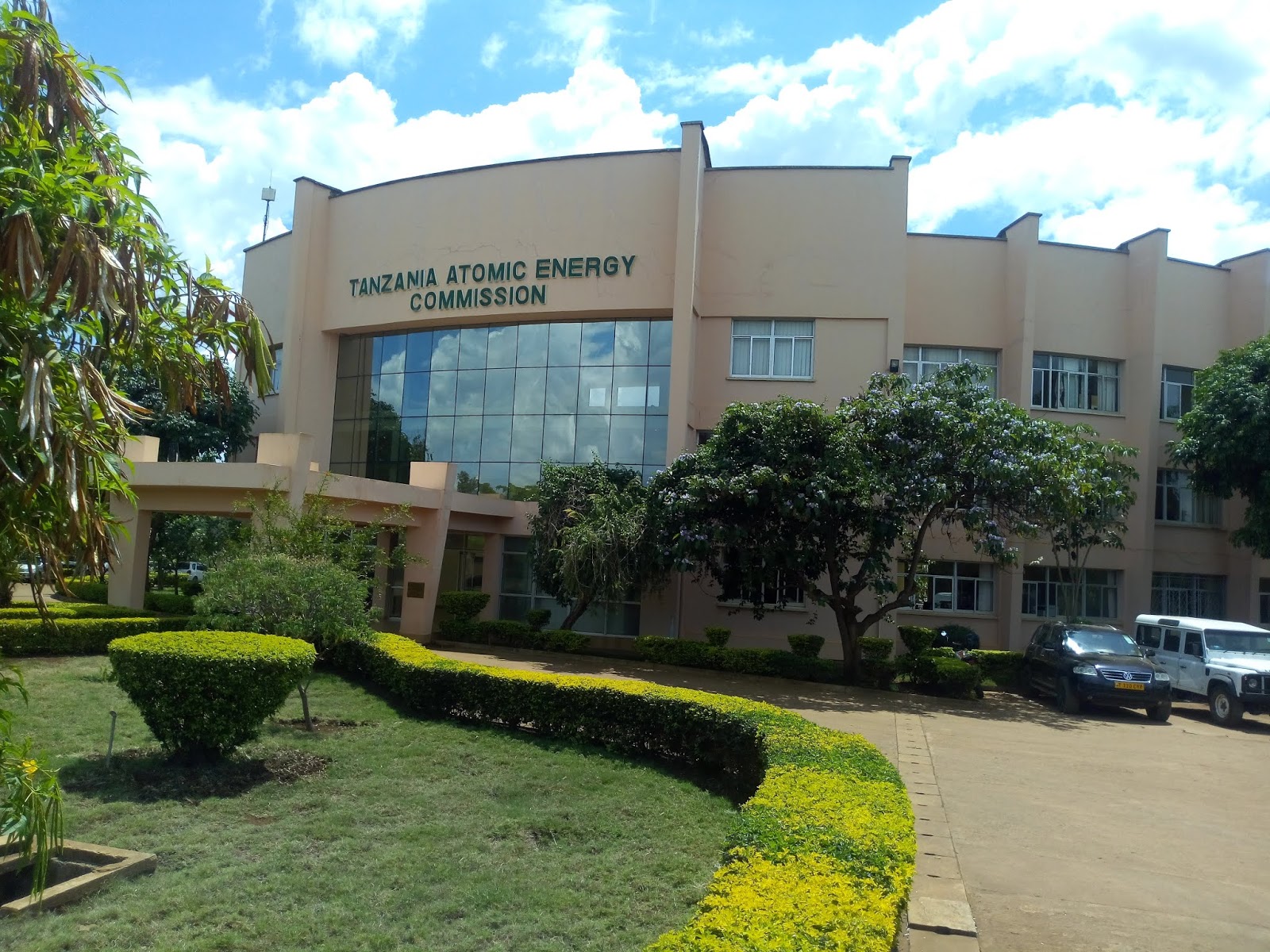Author: EDWARD QORRO
AfricaPress-Tanzania: THE Tanzania Atomic Energy Commission (TAEC) has suspended 95 radiation facilities from operating, citing non-compliance with radiological safety requirements.
The regulator of nuclear and atomic energy in the country told the africa-press in an exclusive interview on Thursday that the affected facilities had undermined safety requirements stipulated in the Atomic Energy Act Number 7 of 2003.
The shutdown of the facilities followed regular regulatory inspections by the commission, according to Mr Peter Ngamilo, TAEC’s Head of the Public Relations Unit.
“Through our inspections, we were able to establish that some centres failed to comply with the requirements that include lack of qualified operators, inadequate facilities, defective x-ray machines and operating without valid licences,” Mr Ngamilo told the ‘africa-press’ in an interview.
Some of the facilities that fell short of the safety requirements include Kaloleni Health Centre, Kansay Health Centre, Karatu District Hospital, Meru District Hospital, Mount Meru Regional Referral Hospital, Mang’ola Health Centre (Arusha) and Al-Hilal Polyclinic.
Others are Gonja District Hospital, Alfa na Omega Health Centre, Bwambo Health Centre, Kilimanjaro Health Centre, St Joseph Dispensary – Uchira, Papri Health Centre, Kilimanjaro Regional Dermatology Training Centre Moshi (Kilimanjaro), Kipatimu Mission Hospital, Kinyonga District Hospital (Kilwa Kivinje), Rondo Hospital (Lindi), Ilula Lutheran Hospital, (Iringa), Babati District Hospital, Balang’dalalu Health Centre and Gendabi Health Centre in Manyara.
According to Mr Ngamilo, Terrestrial Laser Scanners and baggage scanners which were also subjected to the commission’s scrutiny were also deemed unfit for use.
They include the scanners at the Tanzania Revenue Authority (TRA) Headquarters in Dar es Salaam, TRA’s offices in Mutukula – Kagera, Bukoba Airport in Kagera, Mwanza International Airport and Skol Building Contractor – Sinza Africa Sana.
Others are scanners used by the Tanzania National Roads Agency (TANROADS) offices in Dar es Salaam, Dodoma, Kagera, Mwanza, Shinyanga and Tanga.
“It is imperative for these centres to have a licence issued by TAEC and they also need to employ qualified staff to run the sophisticated machines,” said Mr Ngamilo.
Established by the Atomic Energy Act No. 7 of 2003, the TAEC is mandated to provide regulatory, promotion of nuclear technology in the country and to co-ordinate or facilitate or advise on, the transfer and safe, peaceful utilisation of nuclear technology and atomic energy.
The regulatory functions of the Commission among other things perform, include radiation safety inspections in all radiation workplaces.
If the radiation safety status of the facility is adequate, the Commission issues authorisation in the form of licence.
However, if the radiation practices pose radiological risks to persons and the environment, the Commission, according to Section 6 (i) of the Atomic Energy Act may suspend or close down facilities.
Exposure to high radiation levels is said to have a wide range of effects, such as vomiting, bleeding, fainting, hair loss, and the loss of skin.
The radiation exposure can cause cell mutations that may lead to cancer.
In February 2015, the Pan African Congress of Radiology and Imaging launched AFROSAFE, a campaign that ensure all radiation-based medical procedures in Africa are necessary and performed safely.







